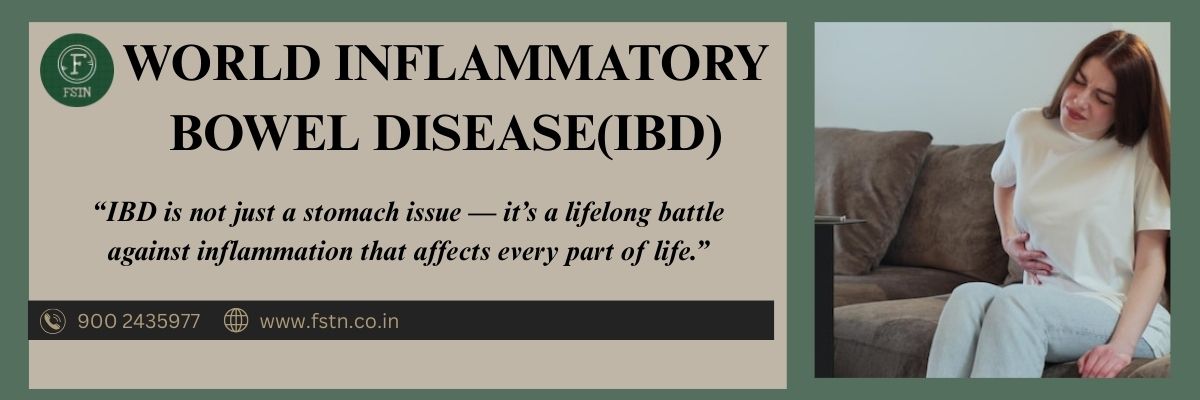Irritable Bowel Syndrome (IBS) is a functional gastrointestinal disorder, meaning it affects the way the gut works but does not cause structural damage or inflammation.
Irritable Bowel Disease (IBD) is not a known medical condition. You might be thinking of Inflammatory Bowel Disease (IBD),which includes Crohn’s disease and ulcerative colitis. Unlike IBS, IBD is an autoimmune disorder that causes chronic inflammation in the intestines, leading to ulcers, bleeding, and damage to the digestive tract. It can result in severe complications, including malnutrition and bowel obstruction.
IBS is a functional disorder, while IBD involves actual damage and inflammation in the intestines. other hand Inflammatory Bowel Disease (IBD) and Irritable Bowel Syndrome (IBS) are distinct conditions, but they share some connections, mainly in symptoms and risk factors
The Relatioship Between IBD & IBS :
- Overlapping Symptoms: Both IBD and IBS can cause abdominal pain, diarrhea, bloating, and bowel movement changes. However, IBD also leads to intestinal inflammation and damage, while IBS does not.
- Gut Microbiome Disruptions: Imbalances in gut bacteria may contribute to both conditions, influencing digestion and immune responses.
- Stress and Mental Health Impact : Stress can worsen symptoms of both IBS and IBD, highlighting the gut-brain connection.
- Dietary Influences : Certain food triggers—like spicy foods, high-fat meals, or artificial sweeteners—may worsen symptoms in both IBS and IBD.
Cause and Mechanism:
IBS is a functional disorder, meaning it affects bowel movements but does not involve inflammation or tissue damage. IBD is an autoimmune disease, where the immune system attacks the intestines, causing chronic inflammation and serious complications.
Diagnostic Markers :
IBS has no visible structural abnormalities, whereas IBD can be identified through colonoscopy, blood tests, and stool studies showing inflammation.
Treatment Approach :
IBS is managed through diet, stress reduction, and symptom-specific treatments. IBD requires stronger interventions, including immunosuppressants, biologic therapies, and sometimes surgery.
Some individuals diagnosed with IBD also experience IBS-like symptoms when their disease is in remission. This is known as post-inflammatory IBS, where gut sensitivity and motility issues persist even when inflammation has subsided.
Dietary modifications for managing Inflammatory Bowel Disease (IBD)
1. Limited insoluble -fiber foods (e.g., raw vegetables, whole grains) when symptoms are active.
2. Avoid trigger foods like spicy foods, caffeine, alcohol, fried items, and dairy (if lactose intolerant).
3. Eat small, frequent meals to reduce digestive stress.
4. Stay hydrated — drink plenty of water, especially during diarrhea episodes.
5. Consider nutritional supplements (iron, calcium, vitamin B12, vitamin D) if deficiencies are present.
6. Incorporate probiotics (if tolerated) to support gut health.
7. During remission, gradually reintroduce balanced fiber and nutrient-rich foods.
It’s always important to consult a Certified Dietitian before starting diet.“Awareness is the first step toward understanding IBD — because not all disabilities are visible.”



